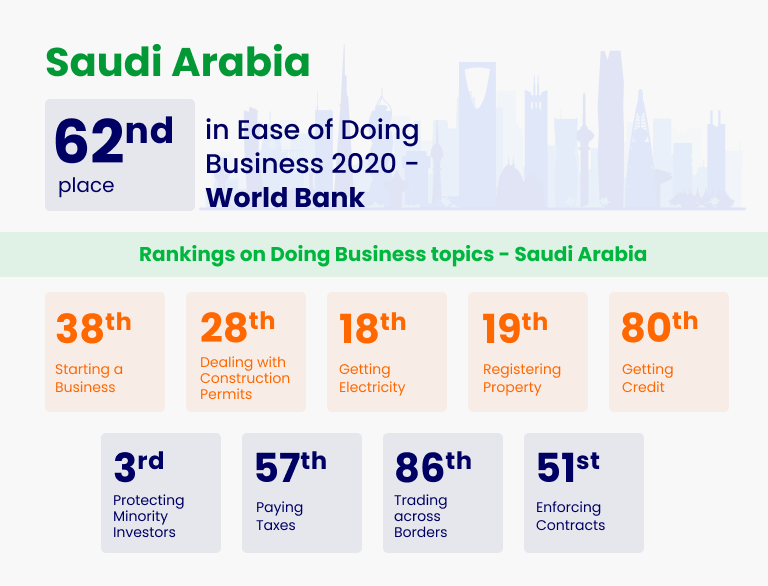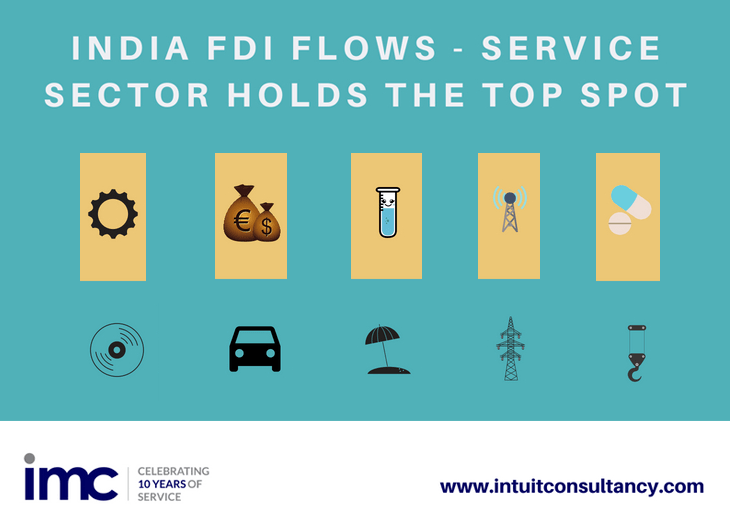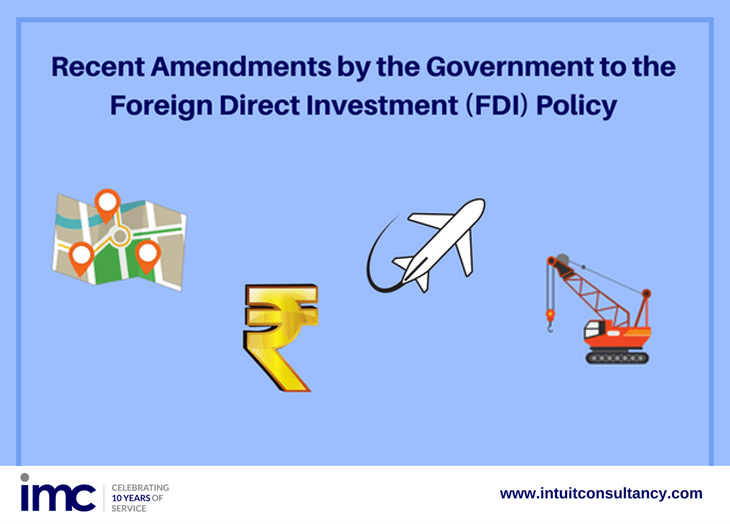The prosperous and open investment and economic climate of Saudi Arabia has given rise to a huge rise in foreign investments. Investors don’t want to miss the business development opportunities and hence they perform due diligence to make sure that they form the correct kind of entity so as to structure their investment in a manner that suits the best to their objectives and is also viable.
A foreign investor can think of considering the following options: setting up a limited liability company or a joint-stock company. Though for this choice, there are many factors like what is the proposed number of shareholders, what is the management structure and what are the proposed activities/tasks of the company. Another factor to be considered is to include Saudi equity participation for activities such as for the import, export, promotion, marketing, and sale of products or services.

However, there are cases when opening a branch office would be the best or most viable solution. So let’s see some advantages and disadvantages of both the types of branches.
- Permanent entity (a ‘Permanent Branch’); and
- Technical & Scientific Services Offices (‘TSSO’)
Permanent Branch
A Permanent Branch is a branch which is an extension of the parent company’s office. The minimum start-up capital is approximately SAR 500,000, which is needed to usually satisfy SAGIA’s initial requirements.
Technical Scientific Services Office (TSSO)
A TSSO is considered when there is a registered commercial agency distribution agreement done between two parties – a foreign manufacturing company and a registered distributor who is a Saudi national and is dealing in the local markets.
A TSSO:
- It is only used in case of complex products
- Assists the registered distributor in KSA with tasks such as marketing and customer relations
- Should not sell products or get into revenue-generating activities
- Does not need any capitalization
- Requires that the current distribution agreement is registered with the Commercial Agencies Department of the Ministry of Commerce and Industry.
Temporary Commercial Registration (TCR)
To open or incorporate a branch office in Saudi Arabia, one needs to follow all the regulations and guidelines set by the Foreign Investment Law. A foreign investor who is applying for registering a branch office in Saudi could get the permission to do the same only for some specific activities, as the branch office is barred for some operations, like trading activities. Investors interested in opening a branch office in Saudi should be aware that the branch office is also known as a permanent branch, and the business entity can be established without a local or Saudi partner. Our expert consultants into this domain of company registration in Saudi Arabia can help and advice you on the documentation required in this case.
Setup Your Company In Saudi Arabia
Get Professional Assistance for Company Formation and Registration in Saudi Arabia
You can avoid piles of paperwork and take our assistance for company incorporation. We will assist you with Dubai company registration at a reasonable cost
Requirements for incorporation of a branch office in Saudi Arabia
The first and foremost requirement while setting up a branch office in Saudi Arabia is that the foreign enterprise or investor should satisfy the specific requirements like providing a minimum share capital of SAR 500,000. This capital requirement could even increase depending on the specific activities that the business performs.
The foreign enterprise or entity should get a license issued by the Saudi Arabian General Investment Authority (SAGIA).
The documents to be submitted by the parent company while applying for establishing a branch office in Saudi are as follows:
- A copy of the certificate of incorporation;
- A copy of the articles of association and memorandum of the parent company;
- The power of attorney, which has to be attested by the Saudi consulate;
- The required fee should have been paid.





























